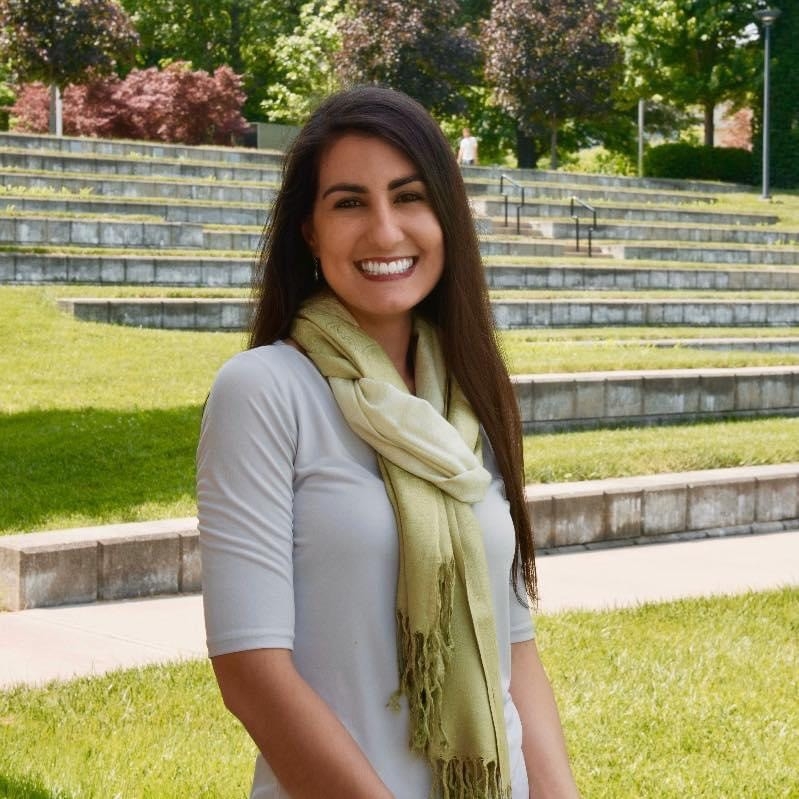

Katherina Nikzad-Terhune can still remember her younger sister, Natalie, vividly. The way she looked and the way she moved. Despite dying in 1993 at 5 years old, Nikzad-Terhune still had vivid dreams about her sister into adulthood.
“It’s been on my heart for a very long time,” she says. “I need to do something. I need to give back. I need to get involved. I need to keep her legacy alive.”
Now, Nikzad-Terhune is doing just that. Earlier this year, Nikzad-Terhune, an associate professor and the MSW Program Director in the School of Social Work, was elected president of the Board of Directors for the national Cornelia de Lange Syndrome Foundation. Cornelia de Lange Syndrome (CdLS) is a rare genetic disorder characterized by learning disabilities, behavioral issues, and lower birth weight and head size. About one in 10,000 live births have this disorder, according to the CdLS foundation. Natalie was one in 10,000.
The CdLS Foundation is the only foundation in the United States that supports those who have or know someone with CdLS. The Foundation provides resources such as family support, fundraising, facilitating family gatherings, providing education for families, and plays a major role in advancing clinical and basic scientific knowledge about CdLS.
As president for all of 2022, Nikzad-Terhune says she will focus on how families care for loved ones with CdLS as the COVID-19 pandemic continues, ensuring there are proper resources available. She is also working on diversity, equity and inclusion initiatives.
“What are the unique challenges that some of our more diverse families have?” Nikzad-Terhune asks.
Nikzad-Terhune used her father, an Iranian immigrant, as an example. He experienced discrimination after arriving in the United States on top of trying to care for his daughter with special needs.
“I can speak to this on some level…we had that to deal with on top of the challenges of being a CdLS family,” she says.
Nikzad-Terhune had been familiar with the CdLS Foundation since she was a child herself, but her professional experience and desire to help CdLS families led her to become active with the Foundation as an adult.
"It’s been on my heart for a very long time. I need to do something. I need to give back. I need to get involved. I need to keep her legacy alive."
“I’m a clinical social worker. I’m a professor in the School of Social Work. I have skills that can help serve families and provide mental health resources and education, so I made a decision in 2014 to reach out to the CdLS Foundation,” she says. Since then, Nikzad-Terhune has served on the Foundation’s Family Services Committee, the Professional Development Committee, the Board of Directors, and has served as a presenter and family consultant at the biennial family conferences.
One memory that stands out to Nikzad-Terhune during her service is when she shared her clinical expertise at the CdLS family conference in 2016. During the conference, she was invited by a family to hold their child who had CdLS. Nikzad-Terhune said it immediately reminded her of Natalie.
“It was so powerful for me,” she says. “It took my breath away.”
Lastly, Nikzad-Terhune encourages CdLS families to reach out to the Foundation even for something as simple as moral support.
“Let somebody support you,” she says. “Let somebody contact you and bring you in.”
For more information on CdLS, visit cdlsusa.org.

